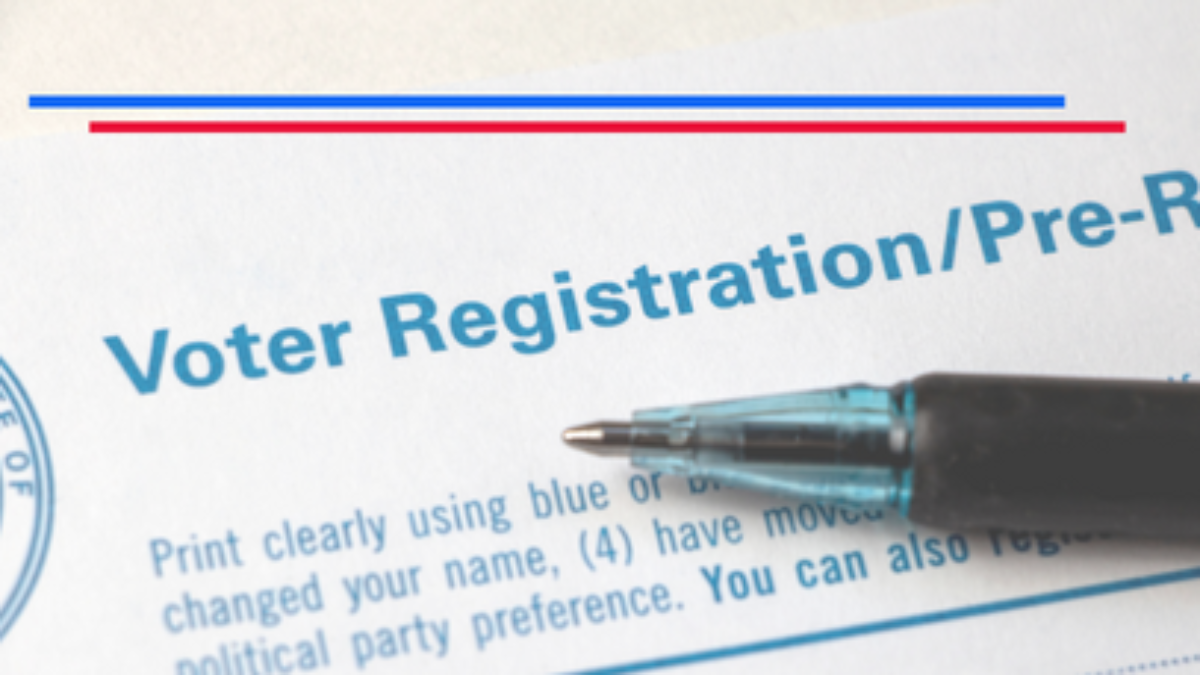Why voting-eligible citizens sat out the 2020 election

Why voting-eligible citizens sat out the 2020 election
Relative to previous elections in the United States, turnout soared in 2020. Yet, despite this record high turnout, nearly a third of the voting-eligible population still did not cast a ballot. Why, in an election with record-breaking turnout, did so many eligible Americans not vote? Conventional wisdom says that some nonvoters are unable to vote due to barriers that keep them from casting their ballots, but many are just apathetic. At Public Wise, we were skeptical of the apathy narrative and decided to go right to the source and ask nonvoters to tell us why they chose not to participate.
From late November 2020 through February of 2021, we conducted 23 focus groups across 5 states with 148 Americans who were eligible but did not vote in the 2020 election. We asked various questions – about their relationship to democracy, trust in the voting system, and media consumption – to understand more about why so many eligible people do not vote in the United States.
One issue came up repeatedly: they do not trust the government or the people running it. Some described situations when an elected official let them down by failing to follow through on a promise. Others pointed to problems with money in politics, arguing that politicians are corrupt and only work on behalf of the wealthy. For these reasons, they do not feel like politicians are looking out for people like them.
Participants also described difficulties finding and evaluating information about current events, elections, and politics more generally. Many described a desire for independent sources because they perceive that virtually all news sources, from social media to mainstream newspapers and tv stations, are biased. For some, the challenges around finding a source of information that they perceived to be accurate and reliable undermined their confidence in themselves to make decisions in the voting booth.
Another theme that emerged consistently was a lack of trust in the voting system. In no small part due to difficulties finding and evaluating information, many did not have the information they needed to understand processes related to elections and voting, which undermined their confidence in those processes. Some described concerns about voter fraud and election security. But concerns were not limited to voting processes. Many also described issues with the electoral system, noting the inherent unfairness of the electoral college and issues with voter suppression.
While barriers to voting did not come up frequently as the main reason for not voting in 2020, some participants did cite difficulties getting registered, especially after a move, as well as concerns about COVID, the potential for long lines, and childcare issues. These difficulties only added to existing frustration and made them even more suspicious of the voting system.
Taken together, these themes point to high levels of disillusionment regarding the voting system and government. The overwhelming majority of nonvoters are not apathetic; they are disappointed and frustrated due to a lack of trust, transparency, and accountability in the government, voting systems, and media environment. Our conversations suggest that they are unlikely to trust the system, and therefore vote, until they see substantial shifts in the level of accountability and transparency in government and our voting systems.
Assuming that nonvoters are apathetic makes it easy for voter-oriented programs and organizations to ignore nonvoters. If they are apathetic, what is the point in trying to reach them? The knowledge that many of them are disillusioned due to a lack of trust in a system that is not transparent and does not seem to value accountability requires reframing what is possible and who is responsible. The apathy narrative of nonvoters implicates individuals abdicating their civic responsibilities. The disillusionment narrative of nonvoters implicates institutions that have failed in their social responsibilities.
Quick Links
Key Takeaways
- Nonvoters do not trust the government or those affiliated with it due to a lack of follow-through and accountability among elected officials.
- Many nonvoters cite low trust in our voting system stemming from concerns about the fairness of our electoral system, as well as voter fraud and election security.
- Difficulty finding and evaluating information about current events and elections is a pervasive issue that undermines trust in our voting system and government.
- Social and structural barriers to casting a ballot did not emerge as a key issue for the vast majority of nonvoters, but they did heighten concerns about the fairness and transparency of the voting system and whether or not it can be trusted.
- Due to deficits of trust, transparency, and accountability, nonvoters described high levels of disillusionment toward our voting system and government.
- We found virtually no evidence that apathy is driving (non)voting behavior. Instead, nonvoters choose not to vote because they are frustrated and disappointed with the existing system and the lack of trust, transparency, and accountability that defines it in their eyes.
Reframing our understanding of nonvoters as disillusioned rather than apathetic shifts the responsibility of democracy-focused organizations to address the roots of disillusionment in the electorate, and to engage with potential voters who are experiencing disillusionment, rather than assuming they are unreachable.